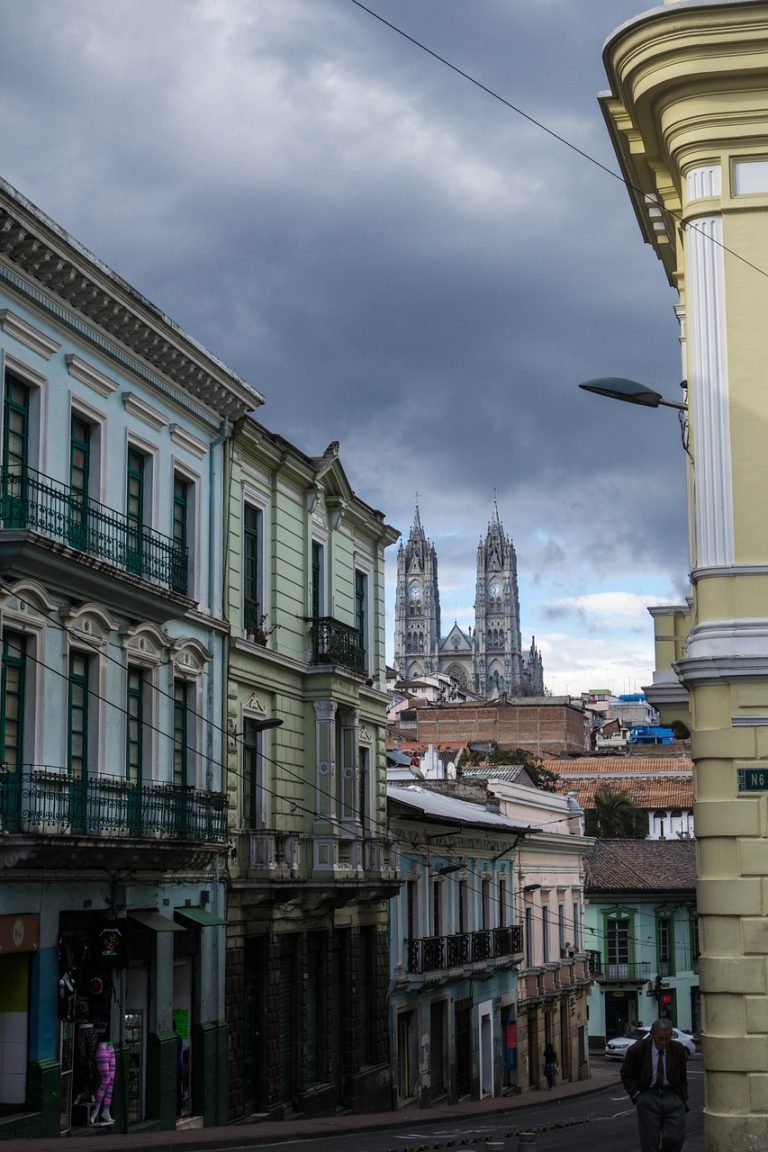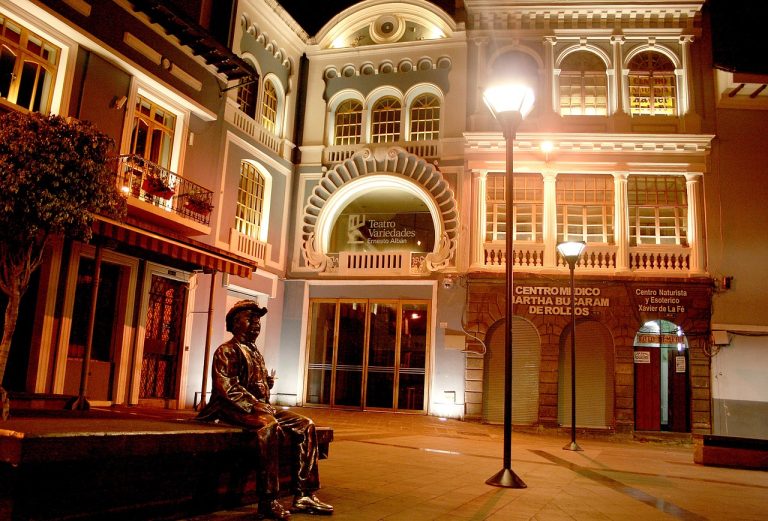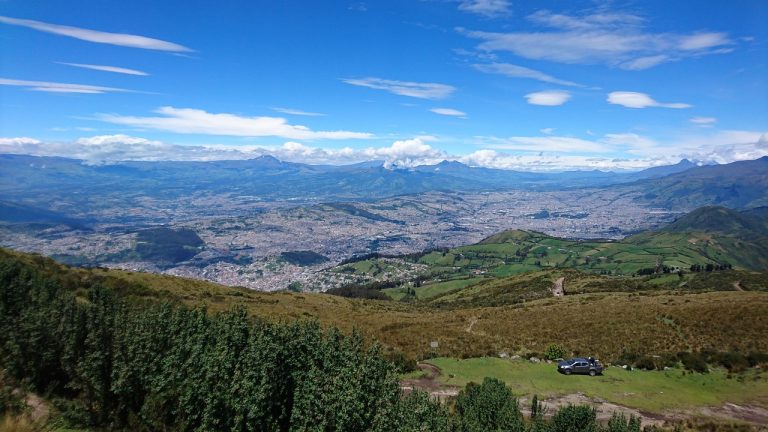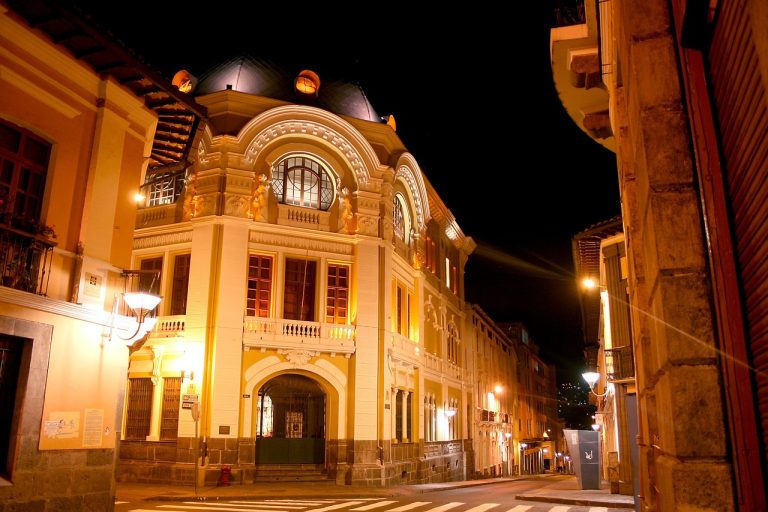Quito Ecuador Video
Eco-tourism in Quito Ecuador: Sustainable and Green Travel Options
Ecuador’s capital city, Quito, is a popular destination for eco-tourists seeking sustainable and green travel options. With its rich biodiversity, stunning landscapes, and commitment to conservation, Quito offers a range of activities and attractions that allow visitors to experience the natural beauty of the region while minimizing their impact on the environment. In this article, we will explore the various eco-tourism options available in Quito, highlighting the sustainable practices and initiatives undertaken by local businesses and organizations.
Nature Reserves and National Parks
Quito is surrounded by several nature reserves and national parks that showcase the country’s diverse ecosystems. One such reserve is the Cotopaxi National Park, home to the Cotopaxi Volcano, one of the highest active volcanoes in the world. Visitors can explore the park’s hiking trails, observe unique flora and fauna, and even climb the volcano under the guidance of experienced mountaineers.
- Unique Flora and Fauna: Cotopaxi National Park is known for its unique plant and animal species, including the Andean condor, llamas, and various orchid species.
- Hiking and Climbing: The park offers a range of hiking trails and climbing routes suitable for different skill levels.
- Environmental Education: Visitors can participate in guided educational programs to learn about the park’s conservation efforts and the importance of preserving natural habitats.
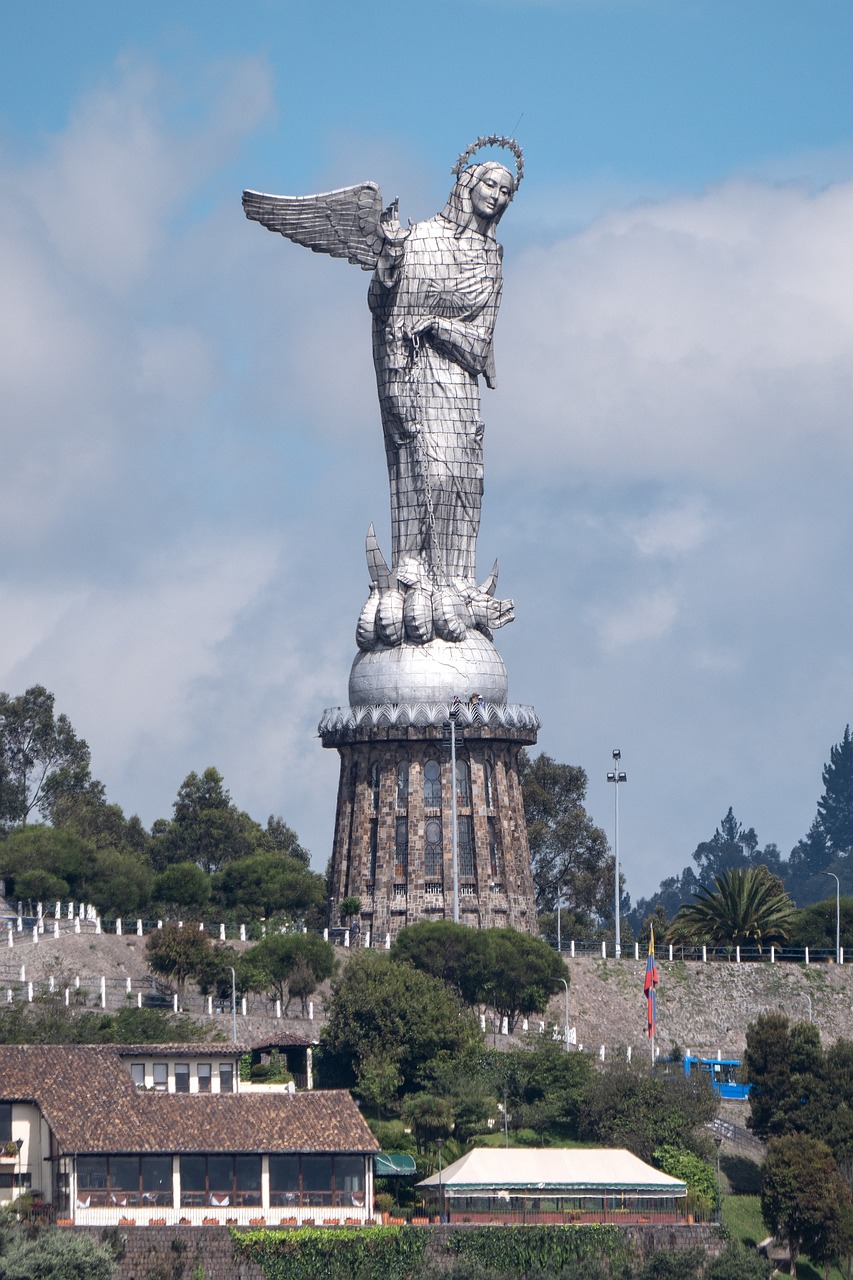
Community-based Tourism
Quito is also known for its community-based tourism initiatives that allow visitors to interact with local communities and learn about their traditional way of life. These initiatives provide economic opportunities for local residents while promoting cultural preservation and sustainable practices.
- Homestays: Visitors can stay with local families, experiencing their daily routines and participating in cultural activities.
- Artisan Workshops: Various communities offer workshops where visitors can learn traditional crafts such as weaving, pottery, and wood carving.
- Culinary Experiences: Food enthusiasts can join cooking classes and taste traditional Ecuadorian dishes prepared using locally sourced ingredients.
Sustainable Accommodation
Quito boasts several eco-friendly accommodations that prioritize sustainability and minimize their environmental impact. These properties implement practices such as energy and water conservation, waste reduction, and support for local communities.
- Hotel Quito: This environmentally conscious hotel incorporates green technologies and practices, including solar panels, rainwater harvesting, and waste recycling.
- EcoLodge El Monte: Located in the cloud forest, this eco-lodge focuses on preserving the surrounding ecosystem and offers activities such as birdwatching and guided hikes.
- Hosteria Papagayo: Situated in the Mindo Valley, this eco-friendly lodge supports local conservation projects and offers nature-oriented activities like butterfly watching.
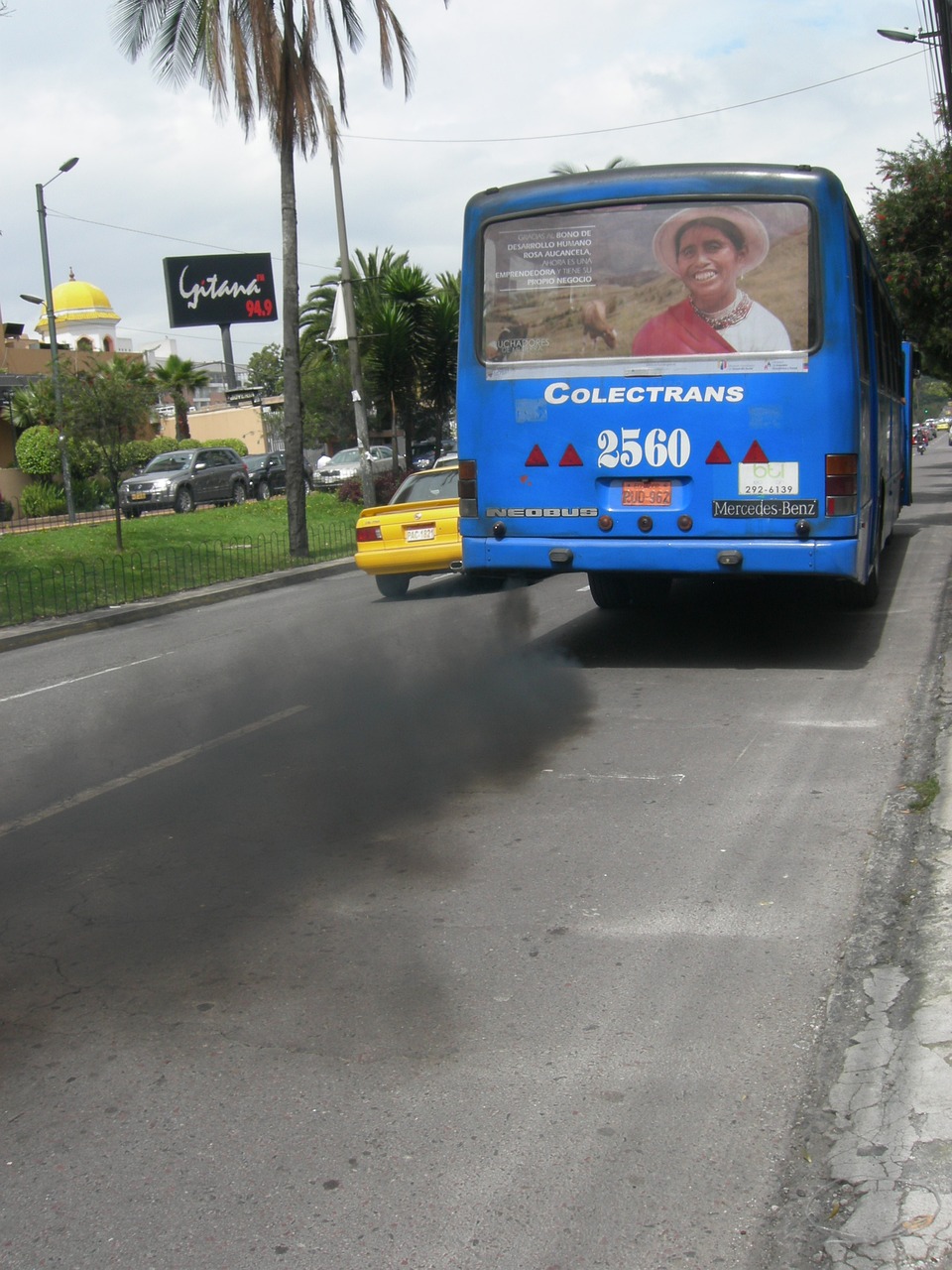
Outdoor Adventures
For adventure seekers, Quito offers numerous outdoor activities that allow visitors to explore the region’s natural wonders while respecting the environment. From hiking and biking to birdwatching and rafting, there is something for everyone.
- TelefériQo: This cable car ride takes visitors to the top of Pichincha Volcano, offering breathtaking views of Quito and its surroundings.
- Mindo Canopy Adventure: Adrenaline junkies can soar through the cloud forest on zip lines, enjoying a unique perspective of the lush vegetation below.
- Quito Bike Tours: Explore the city’s historic center and surrounding areas by bike, following eco-friendly routes and learning about the city’s history and culture.
Environmental Conservation Organizations
Quito is home to several environmental conservation organizations that actively work towards preserving the region’s natural heritage. These organizations engage in research, education, and conservation projects aimed at protecting Ecuador’s unique ecosystems.
- Fundación Imaymana: This organization focuses on environmental education and sustainable development, working with local communities to promote conservation practices.
- Fundación Jocotoco: Jocotoco manages several nature reserves in Ecuador, including the Yanacocha Reserve near Quito, which protects endangered bird species and their habitats.
- Galapagos Conservancy: Although not based in Quito, this organization plays a crucial role in preserving the Galapagos Islands’ fragile ecosystems, which can be visited as part of an eco-tourism trip from Quito.
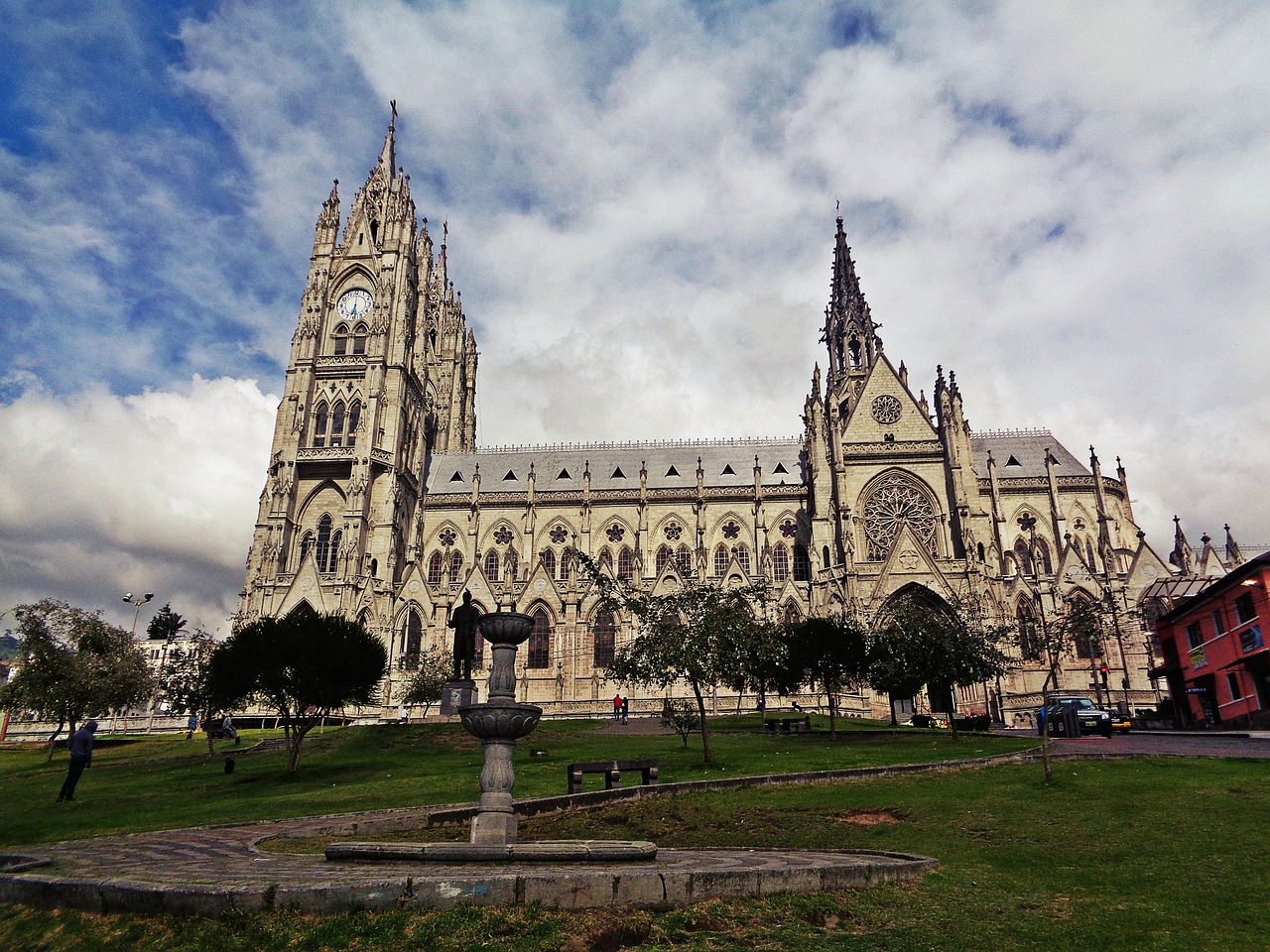
Organic and Locally Sourced Cuisine
Quito’s culinary scene embraces sustainable practices by promoting organic and locally sourced ingredients. Many restaurants and cafes in the city prioritize using seasonal produce and supporting local farmers.
- Achiote Restaurante: Known for its innovative menu inspired by Ecuadorian traditions, Achiote sources its ingredients from local organic farms.
- El Maple Café: This cozy cafe serves delicious coffee made from locally grown beans and offers a variety of organic dishes.
- Urko Cocina Local: Urko focuses on traditional Ecuadorian cuisine, using ingredients sourced from local markets and farmers.
Botanical Gardens and Parks
Quito’s botanical gardens and parks provide tranquil spaces for visitors to connect with nature and learn about Ecuador’s rich plant life. These green spaces offer educational programs, guided tours, and opportunities for relaxation.
- Parque La Carolina: This urban park features beautiful gardens, walking trails, and recreational areas, making it a popular spot for locals and tourists alike.
- Jardín Botánico de Quito: The botanical garden showcases Ecuador’s diverse flora and offers guided tours to educate visitors about the importance of plant conservation.
- Parque Metropolitano: This expansive park is home to numerous hiking trails, picnic areas, and a biodiversity museum, providing a unique outdoor experience in the heart of the city.
Preservation of Indigenous Cultures
Quito recognizes and values the importance of preserving indigenous cultures and traditions. Various cultural centers and museums in the city offer opportunities to learn about the rich heritage of Ecuador’s indigenous communities.
- Museo del Banco Central: This museum showcases Ecuador’s diverse indigenous cultures through its extensive collection of artifacts, artwork, and exhibits.
- Centro Cultural Benjamín Carrión: The cultural center promotes indigenous arts, music, and dance, hosting regular performances and workshops.
- Museo Guayasamín: Dedicated to the renowned Ecuadorian artist Oswaldo Guayasamín, the museum highlights indigenous themes and the struggle for social justice.
Conclusion
Quito, Ecuador, offers a wealth of eco-tourism opportunities, showcasing its commitment to sustainable and green travel options. From exploring nature reserves and national parks to engaging in community-based tourism and supporting environmental conservation organizations, visitors can experience the beauty of the region while minimizing their impact on the environment. With its focus on sustainable practices, Quito provides an ideal destination for eco-conscious travelers seeking an immersive and responsible travel experience.
References
- quito.com.ec
- ecuador.travel
- quito-ecuador.com
- hotelquito.com
- elmonte.cloud
- hosteriapapagayo.com
- teleferico.com.ec
- mindocanopy.com
- quitobiketours.com
- fundacionimaymana.org
- fjocotoco.org
- galapagos.org
- achiote.com
- elmaplecafe.com
- urkococinalocal.com
- parquelacarolina.com
- jardinbotanicoquito.com
- quito.com
- museobanco.central.org
- centroculturalbcarrión.org
- museoguayasamin.gob.ec


